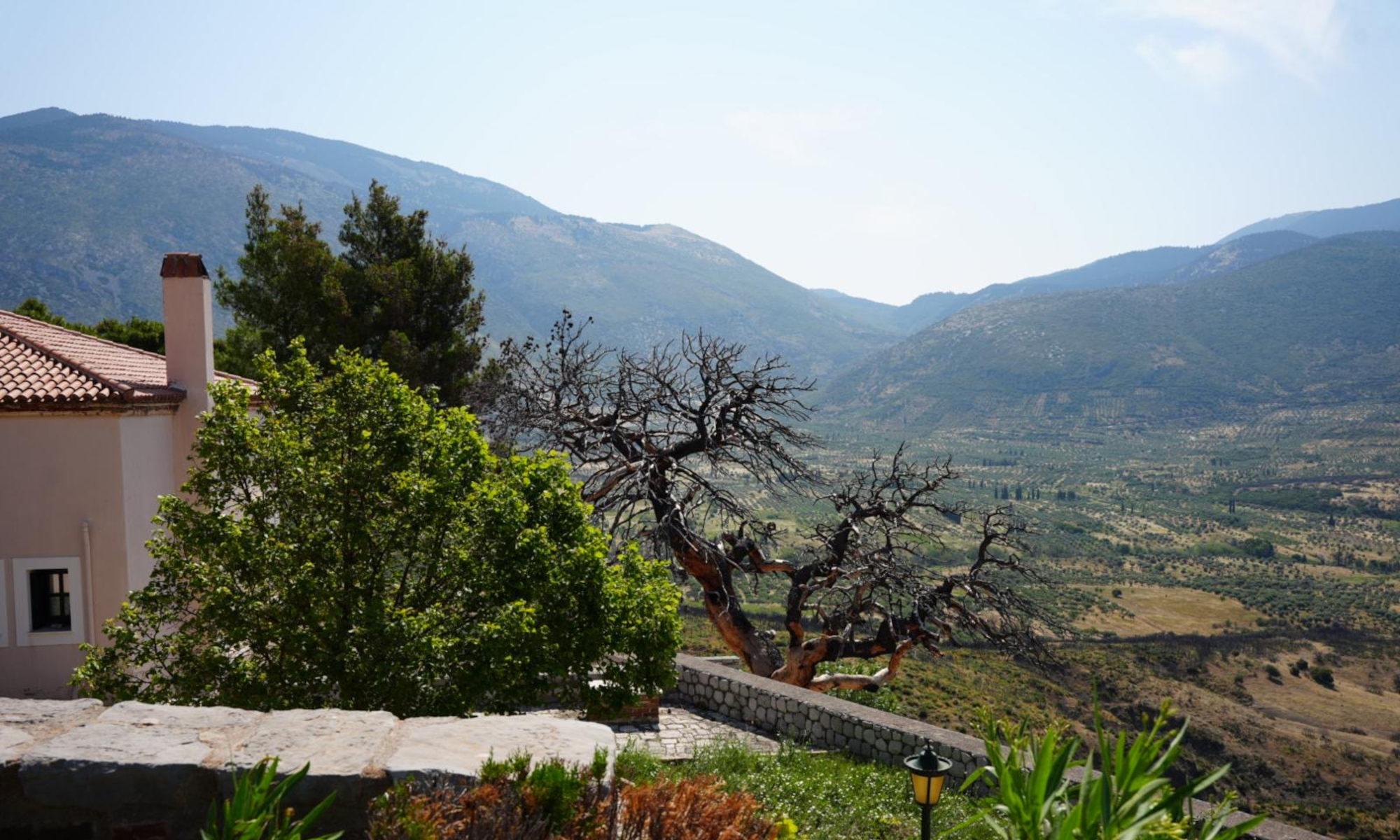A galvanising fight to democratise the beaches of Paros inspired hope for activists on the island. Now, as the prospect of over-development threatens the nature of the island, is that same fighting energy replicable?
It was late in the Summer of 2023, and the Greek island of Paros was rejoicing: it wasn’t just the summer festivities that had residents jubilant. On the sandy beaches of Santa Maria and Marcello, a people’s movement was coalescing in real time.
The Save Paros movement, a hundreds-strong group of Parean citizens upset with the rise of illegal sunbeds on their beaches, were protesting for their constitutional right to lounge on public beaches to be honoured. The fight was a mobilizing one that led to concrete actions by the federal government, who levied fines against illegal sunbed operators.
For activists, including Caroline Hall, one of the founders of the Save Paros Movement, the feeling was hopeful: “The people had collaborated and been victorious.”
For activists like Hall, it felt like this could be a watershed moment: finally, the people could rise up against the overtourism the island had experienced in recent years. But two years later, from the perch of her farm-house in the hill-top settlement of Kamares overlooking the sea, she asks: where are all the people now?
The story of Paros, as a town, has been intertwined with tourism since the mid-century, when the notion of the “Greek Summer” became increasingly romanticized among European tourists. Paros, with its aquamarine water and picture-perfect white towns, was the ideal place to vacation. It wasn’t until the late 2010s, however, that Paros became a point of pillage for foreign investors who jumped at the opportunity to buy cheap land in the islands. According to Giorgios Lialios, a journalist at Kathemerini who reports on climate and tourism, the effects were “a disaster.” Vacation homes and have used up the island’s scarce water supply, and many of them were – and still are – illegally constructed on unofficial roads, violating Greece’s strict zoning laws. Despite the effects on locals, unlike with private beaches, the public response has been muted. According to Hall, where hundreds used to attend citizens’ meetings, only “20 people show up now.”
Why is this? For many Pareans, the allure of foreign investment is too strong a pull to resist. According to Paros’ mayor, Costas Bizas, the island of 20,000 – without a university or proper medical facilities – isn’t suited for young people or the elderly, for whom the chance to cash out on their land and move to Athens “out of necessity” is a bet they’re willing to take, regardless of the effect it might have on the island.
Where does this leave the fight against over-development, then? Where public support is concerned, the citizens’ movement is in the process of pursuing legal battles against the construction of illegal properties on the island, and a new urban plan for the island that decides which areas are suitable for construction is currently in its consultation phase. For Hall, the future of the island’s development “is unclear.” For now, though, at least they have the beaches.
